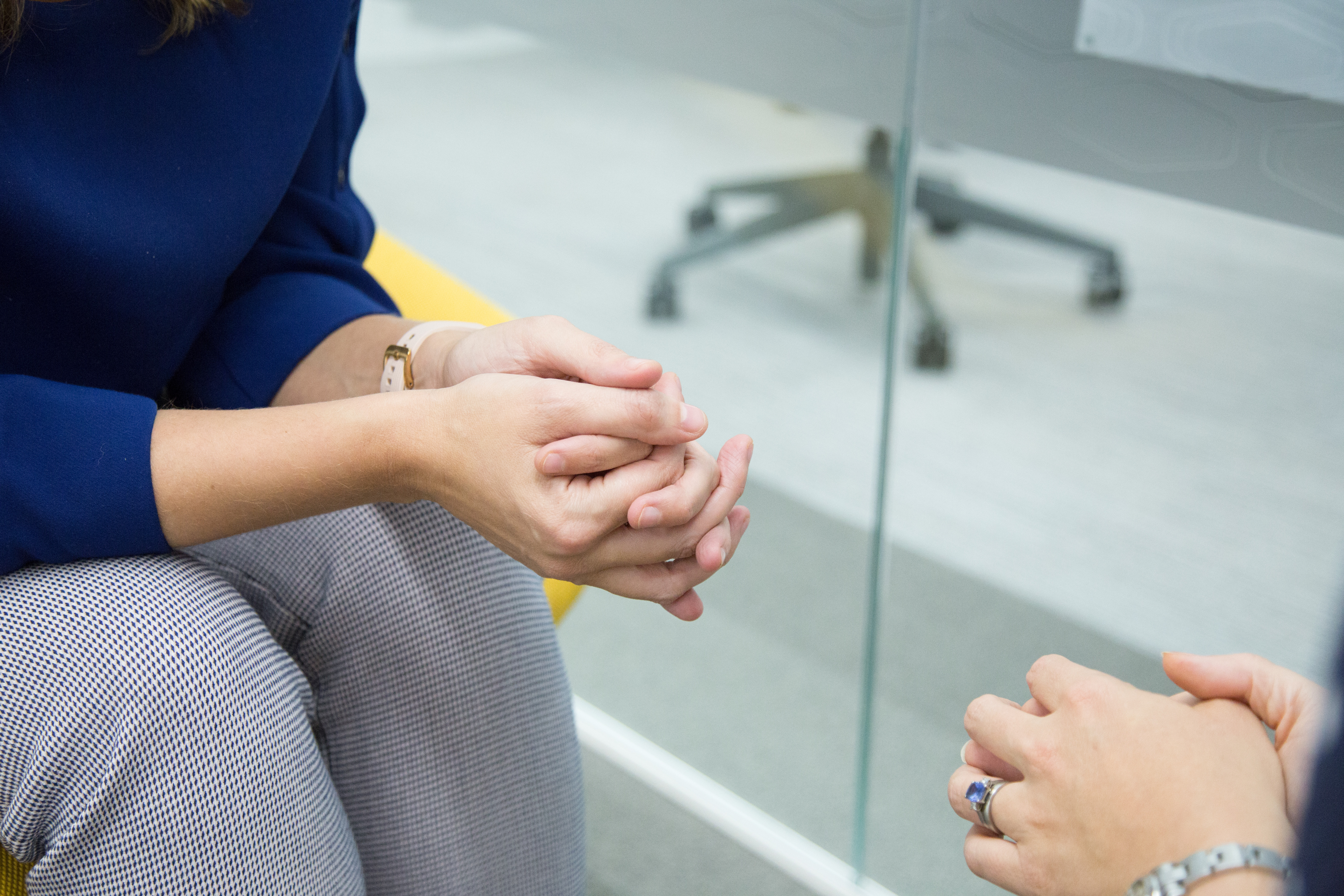"While the diagnosis was frustrating and scary, it was a relief to know that it wasn't all in my head" - Sophie

What is Endometriosis?
Endometriosis is a condition where uterine tissue is found growing outside of the uterus, in places such as the bladder and bowel. This causes side effects such as:
- Painful periods/dysmenorrhoea,
- Extreme fatigue,
- Infertility.
It can sometimes be misdiagnosed as other conditions, such as ovarian cysts or Irritable Bowel Syndrome.
1 in 10 women are affected with Endometriosis, yet it takes an average of 8 years to be diagnosed.
What to do if you think you have Endometriosis:
- Start by contacting your GP.
- You may want second opinion medical advice, which is available through Digicare+ App.
- Consider speaking to a gynecologist or specialist.
Endometriosis is not just a physical condition; it can affect your mental health.
If you’re struggling with your mental health, it’s important you seek some help from your GP. If it’s affecting your ability to work, speak to your manager to see if a referral to Occupational Health is appropriate. You can contact our EAP for free and confidential support 24/7, 365 days a year.

How to support someone on your team:
If someone on your team has endometriosis, it's likely they have their own coping strategies. Learn and respect these.
It can take a mental toll; consider directing them to the mind page for our services. Remind them that you are there to support.
Flare ups can happen very suddenly and happen anywhere, even at work. Be patient and flexible when needed.
Endometriosis can feel 'embarrassing' to the sufferer. Make sure you talk openly, without judgement, and take their concerns seriously.
Try to educate yourself on the condition. You could read 'How to Endo' by Bridget Hystwaite, or listen to 'This EndoLife' podcast by Jessica Duffin.